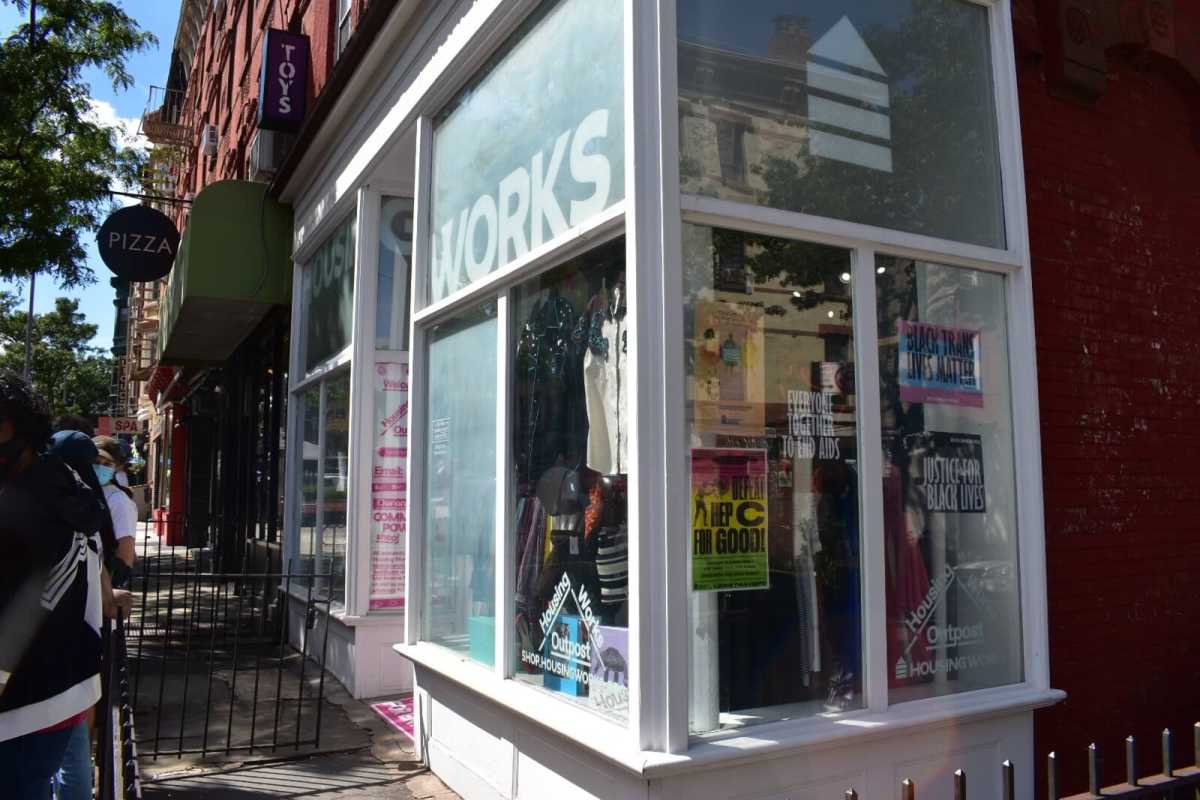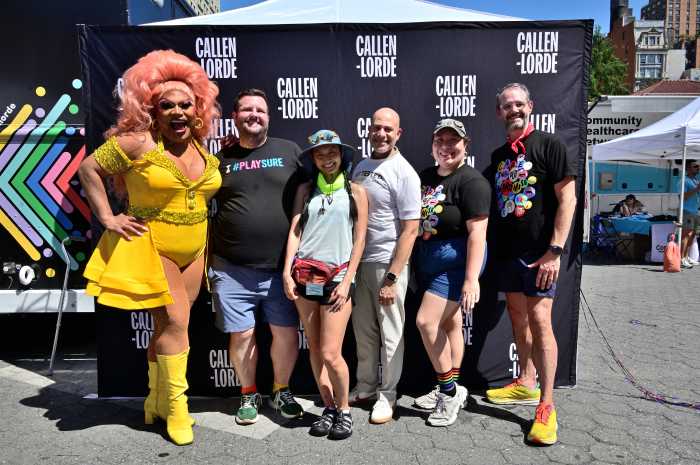The Empire BlueCross BlueShield Foundation on Dec. 1 announced a three-year, $300,000 “food as medicine” grant to Housing Works to fight food insecurity in vulnerable New York City communities. The announcement coincides with World AIDS Day.
The foundation’s grant supports a virtual food bank program that Housing Works runs through the digital application Tangelo. Through the application, hundreds of Housing Works clients, many of whom are LGBTQ and living with HIV/AIDS, have access to nutritional prepared meals and food products for a 12-month period. After that time, they have the option to use Supplemental Nutrition Assistance Program (SNAP) benefits to continue receiving the service. The program began as a pilot last year with 500 participants, and expects to enroll 650 in 2024.
Through the application, Housing Works patients receive two boxes of food per month delivered to their door, tailored to their nutritional needs. The Empire BlueCross BlueShield Foundation’s grant will allow Housing Works to diversify its offerings to include pre-made and microwaveable meals for people who don’t have easy access to a full kitchen, said Christopher Joseph, the executive director of EngageWell, a New York health startup that will administer the grant. That may include meals crafted by God’s Love We Deliver, he added.
Instead of a food pantry where people sometimes don’t get to choose what food they take home, “what’s nice about this is you get to pick what’s in your box,” Joseph told Gay City News. “We have worked really diligently to make sure that all of the foods meet nutritional standards, like they’re low in sodium, they’re high in protein … those things that would need to be helpful to boost the immune system.”
Joseph recalled working as a social worker for people living with HIV and seeing the barriers they faced in accessing food, including stigma associated with visiting a pantry or living in a food desert.
“It’s essentially giving people a dignified way to engage in their care [by] empowering people through technology to be able to access new benefits,” he said.
Naomi Harris Tolson, the vice president of healthcare innovation at Housing Works, said in an interview that providing people with easy access to nutritional meals is a vital, and sometimes overlooked, facet in their organization’s work supporting people living with HIV and AIDS and experiencing homelessness.
“We’ve gotten to this point where, instead of focusing on keeping people alive [like] in those earlier days [of the AIDS epidemic], now we’re focusing on viralistic suppression. A lot of our folks are suppressed, which is the goal,” she said. “So now let’s talk about all those other comorbidities that they’re dealing with. We’ve got your HIV controls, but how about your hypertension or diabetes, or have we screened you for cancer?”
Tolson added, “There’s been a lot of investment in HIV care and testing and prevention, which is fabulous. But now we can take those lessons learned and pivot into other health outcomes, [like] the food programs that we’ve been doing.”
In addition to the grant funding, the Empire BlueCross BlueShield Foundation will provide community health educators to support Housing Works and EngageWell, said Manisha Franklin, the foundation’s director of community relations.
“It’s an exciting time for us,” she said. “We are committed to the communities in which we serve and we know that collectively as a village we will have the impact that we are committed to doing.”
































